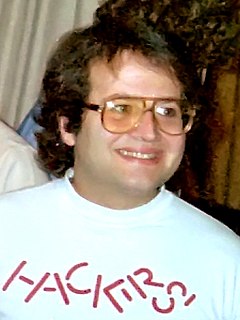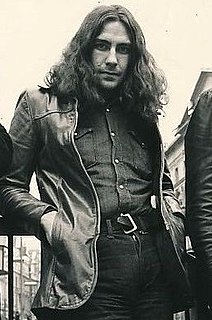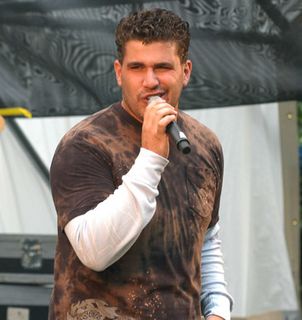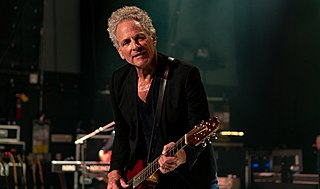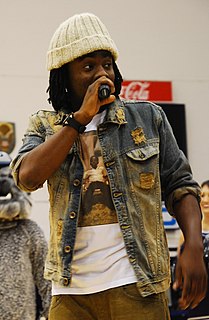A Quote by J.R. Ward
When you were young, you thought time was a burden, something to be discharged as fast as possible so you could be grown-up. But it was such a bait-n-switch – when you were an adult, you came to realize that minutes and hours were the single most precious thing you had.
Related Quotes
One of the things I loved about Black Sabbath was, when we were on the road, there were times we had been on the road for so long and we were tired and we were exhausted. We would show up at gigs and we were so tired that we would be fast asleep in the dressing room. Our road manager would come in and say, '20 minutes, guys.'
I wasn't so stupid that I didn't realize the implications of what they were saying. In my live work I was going for the quick thrill, rather than spending time concentrating on my voice. I figured I'd get on, make as many quick movement as possible, dance my ass off for five minutes, move into the insult portion of the evening, and then, at the end, create some kind of chaos until the 55 minutes were up.
I dated all these girls and ended up not liking them and thought to myself, 'What was it that all of them had in common?' They had too much time on their hands. Even though they were pretty, they lacked something. A woman could be less attractive but with ambition and drive, that's the most beautiful thing.
The strange thing about my life is that I came to America at about the time when racial attitudes were changing. This was a big help to me. Also, the people who were most cruel to me when I first came to America were black Americans. They made absolute fun of the way I talked, the way I dressed. I couldn't dance. The people who were most kind and loving to me were white people. So what can one make of that? Perhaps it was a coincidence that all the people who found me strange were black and all the people who didn't were white.
I left my frogs, which I had grown, with my supervisor, who had moved to Geneva, and he and a technician grew them up. So by 1962, they were adults, and one could publish a paper to say that these animals, derived from nuclear transfer, really were absolutely normal. So it took a little time to get through.
We thought that the odds of things working OK were up in the upper 90 percent or we wouldn't have gone. But the - there were some problems cropped up on the flight but was able to take care of those OK and - although they were things that we hadn't really trained that much for. But it was the time of the Cold War and so there were was a lot of pressure on the - to get going and the Russians were claiming that they were - Soviets were claiming they were ahead of us in technology.


